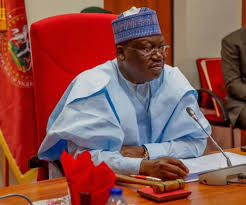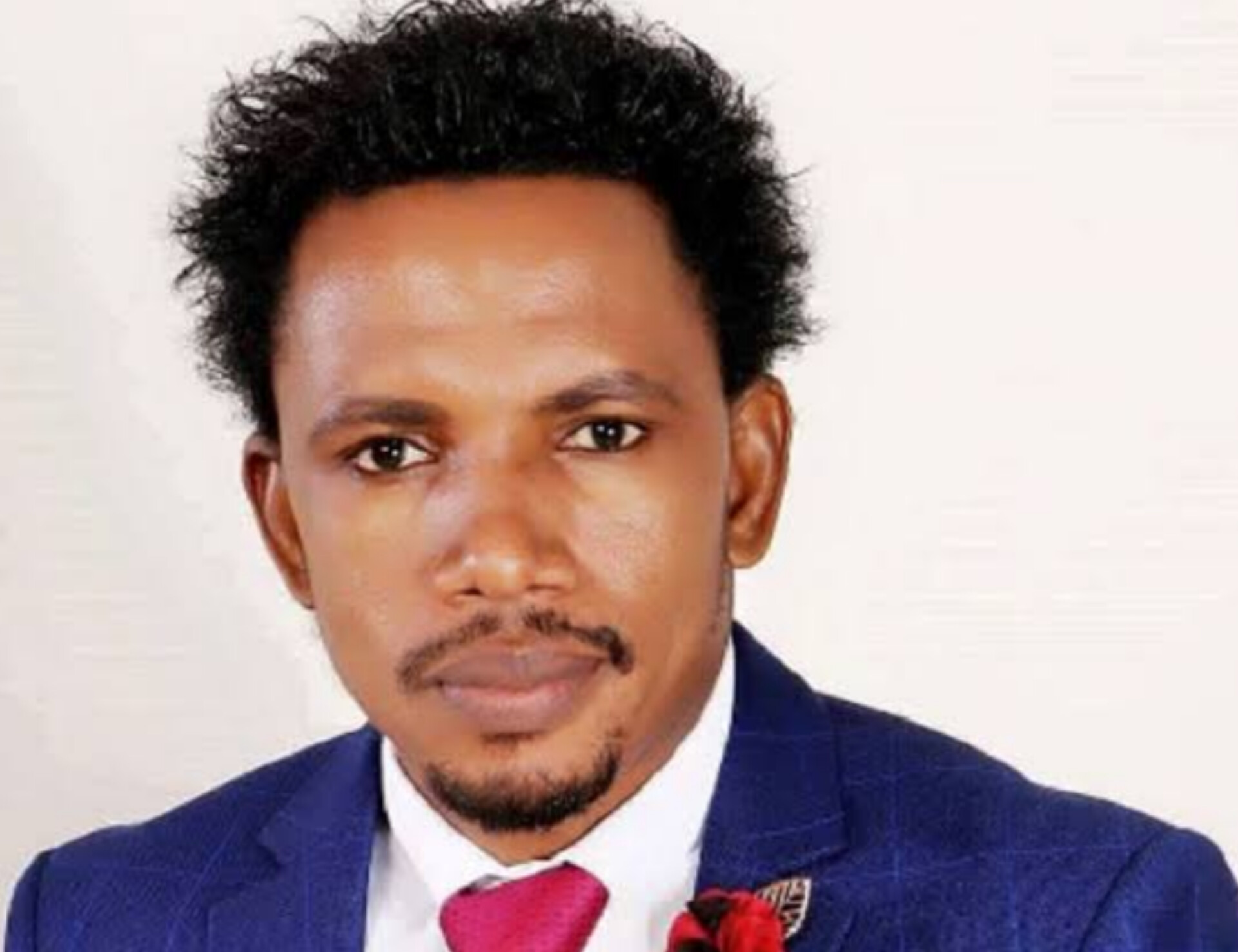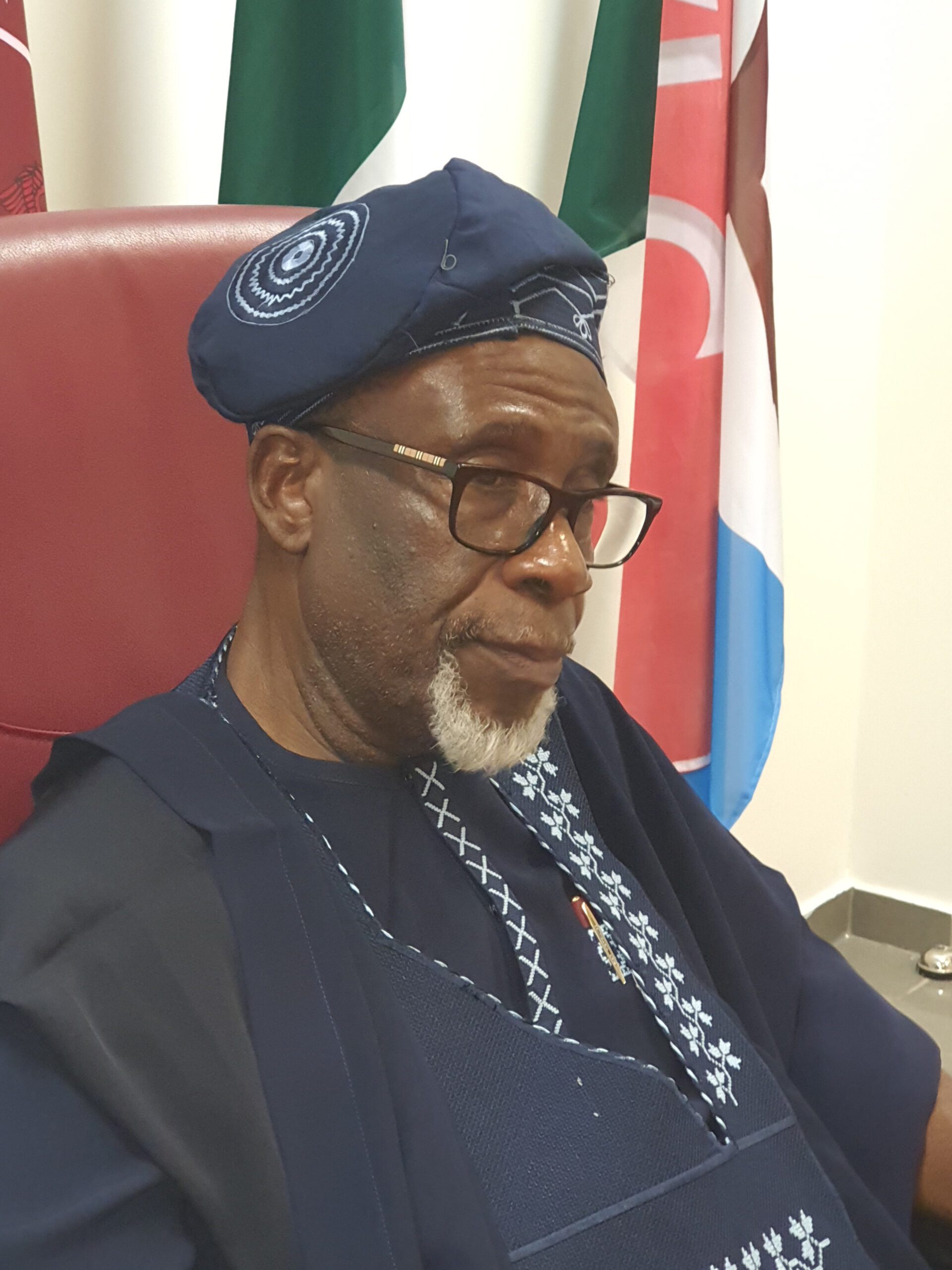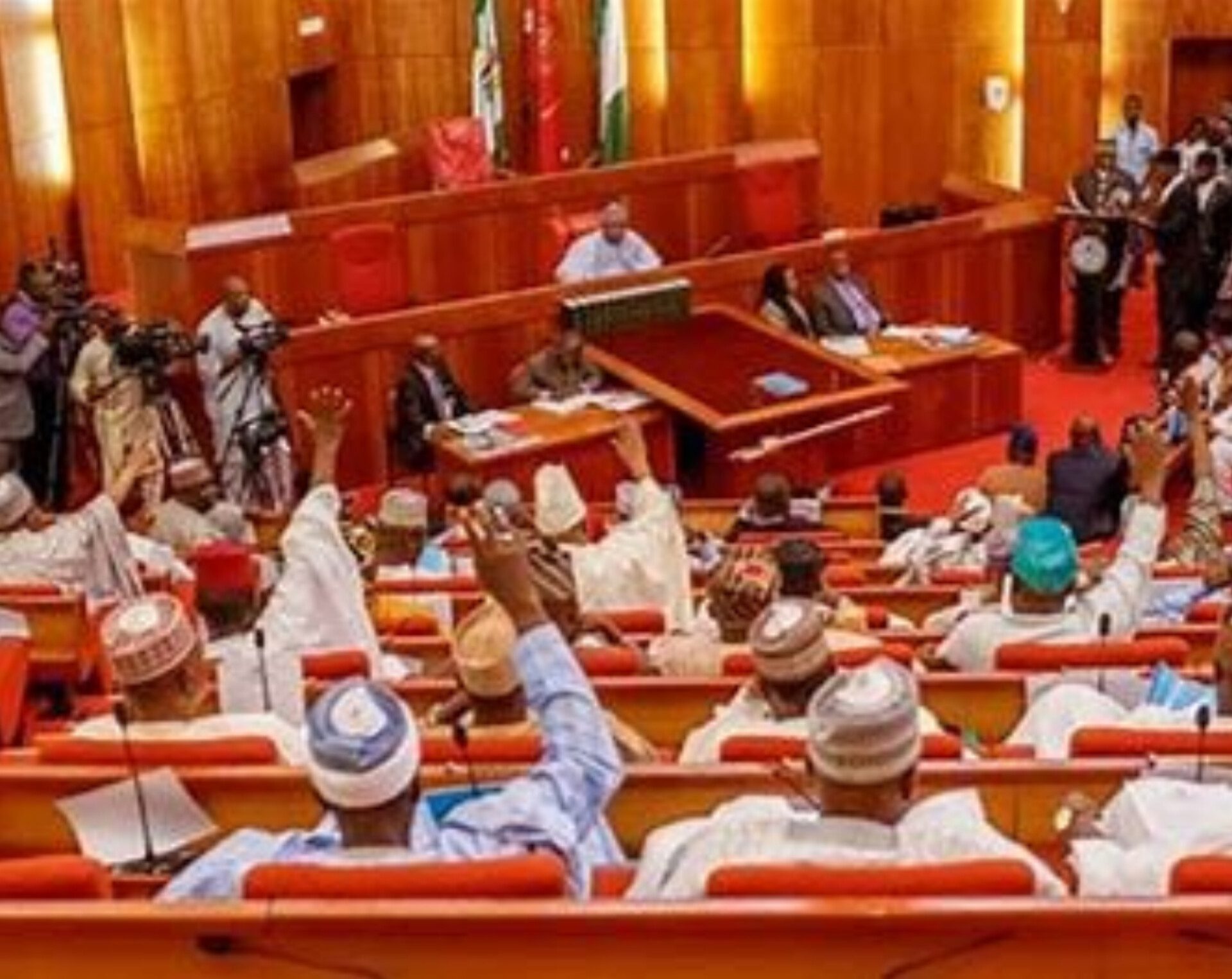**Says he is not bordered that the Senate under his watch was perceived as rubber stamp
Inspite misgivings by some Nigerians that the 9th National Assembly operated on the same page with the executives, the outgoing President of the Senate, Ahmad Lawan has scored the assembly high over 112 bills assented to by former President Muhammadu Buhari.
Lawan who spoke at a valedictory interactive session with the Senate Press Corps said the unity of purpose and understanding between the two arms of Government made it possible for them to achieve so much.
“I want to say that our unity and partnership and understanding of each other has made it possible for us to achieve much. Infact, in all my stay here, I have never seen a Senate that achieved much.
“The relationship between us and the Executive has Been described in so many ways. But everything has a price. If you don’t do well, it has a price but this national assembly, no matter what anybody will call it, we did what we should do help the Executive.
“We changed the budget cycle and to the glory of God we passed the budget before the end of December. It makes us feel proud.
“Former President Buhari assented to 112 bills, Some have come to reform our economy, the petroleum industry and the electoral process.
“So far I can identify those things that we have done for the country.”
He dismissed the claim that the National Assembly gulps money saying it needs to grow to develop the country.

“We took only 0.6% of the national budget. I believe that we have to work to support the national assembly for it to grow. Members of the NASS are as patriotic as any Nigerian.
“We have to do our work, we have done so many things in good ways and make our people happy, but as humans we must have done somethings that Nigerians don’t like, but on the whole, we did our work well.
“I am not bothered that the Senate under my watch was called rubber stamp.”
President of the Senate accompanied by his Deputy, Omo Agege and Deputy Chief Whip, Senator Sabi Abdullahi
My tenure, a glorious moment.
“It has been a worthwhile adventure. During my campaigns I said we will run a Senate that worked for Nigerians and we stuck to that. We started very well.
“After the election we said we would be bi- partisan and that helped us to be more effective and focused. Yes, we had disagreement but not much.
“On the whole, we have been able to work together as one legislature, irrespective of party affiliation. We are citizens of Nigerian, even though our parties are different. We did everything to move our country forward.”
Lawan decried the high level of turnover of the members of the National Assembly after every election circle saying it is not good for institutional memory.
“If wishes were horses, I would have loved that the turn over of lawmakers will be minimal. Each time 70% are dropped, capacity development would start all over again, but that’s the choice of Nigerians.
“But the new coming lawmakers would be men and women of capacity and they would want to make their mark.
He urged the journalists covering the Senate to extend same cooperation they have given to him to the new leadership that would emerge next week.




